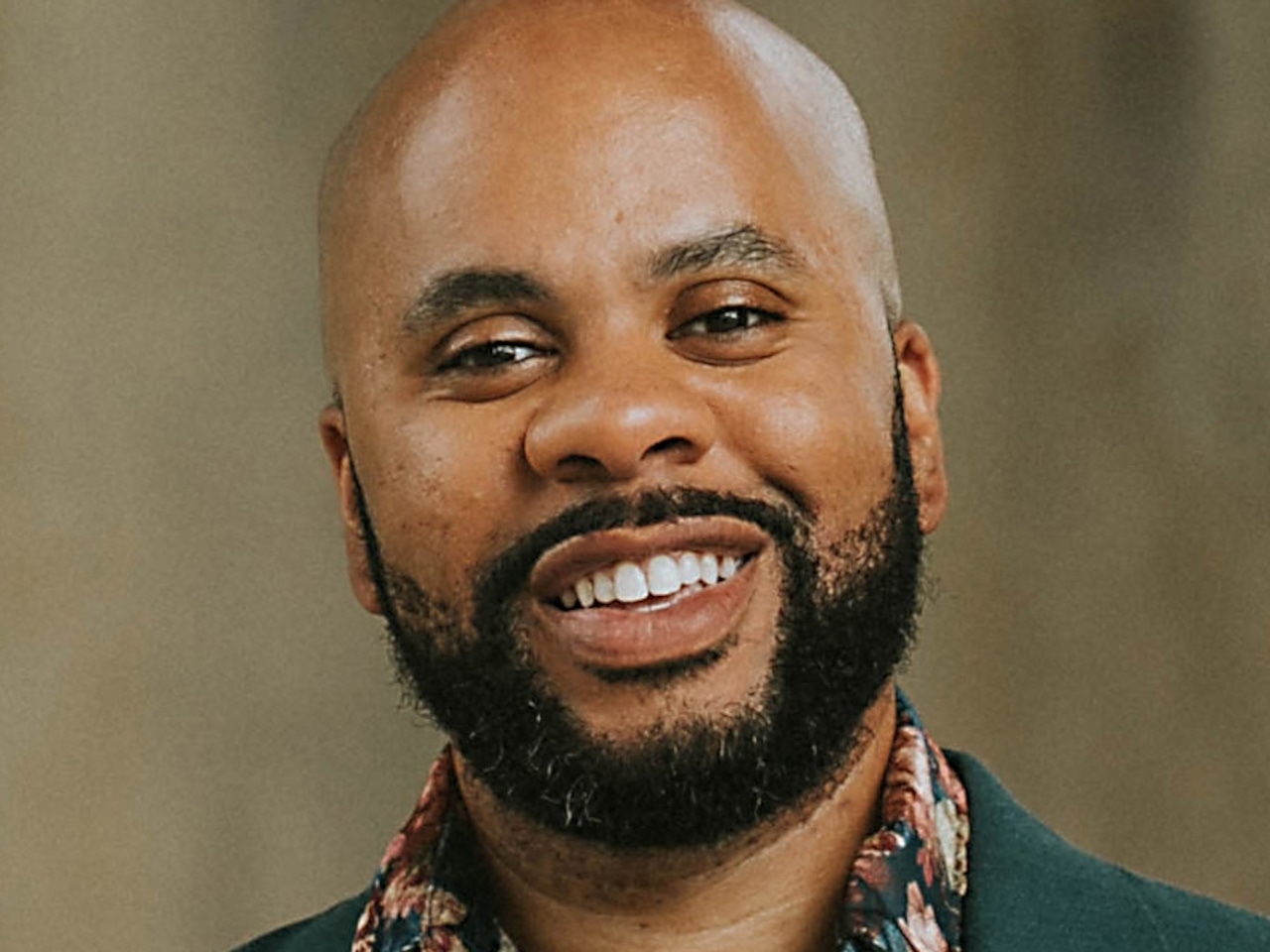
Dear Eric: When I was 16, more than 50 years ago, I had a girlfriend who lived in a nearby city. One day, I brought a joint of marijuana along on a visit. While her parents were away, we smoked it in their garage. Suddenly, we heard a car drive up and stop. In walked her father, a policeman, and her pastor.
That is, they were all the same person. Her father was the police department chaplain. He smelled the smoke, took me down to the police station, and then to the bus station, and told me to never come back to their town again. I didn’t.
I exchanged one card with the girl, a few months later, not really offering much more than vague regret.
Now, 50 years later, I ran into her name in the local paper and she is a county judge!
I struggled with alcohol and drugs for a while in my youth, but at age 36 got clean and sober — in part because of a deferred prosecution on a DUI — and I remain so. I was wondering if it would be appropriate for me to drop her a line, letting her know this, and expressing hope that the fallout of our mistake wasn’t too great on her and her family.
— Amends Too Late?
Dear Amends: Congratulations on your decades of sobriety. I’m happy that you found solutions that worked for you and continue to positively impact your life. I think your former girlfriend, the judge, would be happy to hear about this, as well. An unexpected note from someone from the past who isn’t asking for anything could be a welcome, happy surprise.
Amends aren’t about changing what happened so much as improving the future’s possibilities. We do that by acknowledging harm done and striving to fix what we can. So, don’t beat yourself up too much for what happened. You may be thinking about the incident through the lens of all the other substance-related missteps in your past.
Bringing the joint to her house wasn’t the best strategic choice considering the one-man criminal justice system under her roof, but it may have taken on outsize importance in your mind as the years went by.
Telling her the next chapters of your story and making amends, then, could have a positive, right-sizing effect on both of you.
One hopes that, as a judge, she’s familiar with the efficacy of alternative sentencing for non-violent drug offenses. Particularly, that addiction treatment mandated by drug courts, followed by monitoring, showed a recidivism rate 38 percent to 50 percent less than incarceration for drug offenses, according to the Stanford Network on Drug Policy.
Your story can help put another human face on the problem of substance abuse for her. It’s something that she may return to as she weighs the law, the figures, and the cases before her. Your story has the power to change a lot more lives than you know.
(Send questions to R. Eric Thomas at eric@askingeric.com or P.O. Box 22474, Philadelphia, PA 19110. Follow him on Instagram and sign up for his weekly newsletter at rericthomas.com.)
©2024 Tribune Content Agency, LLC.






